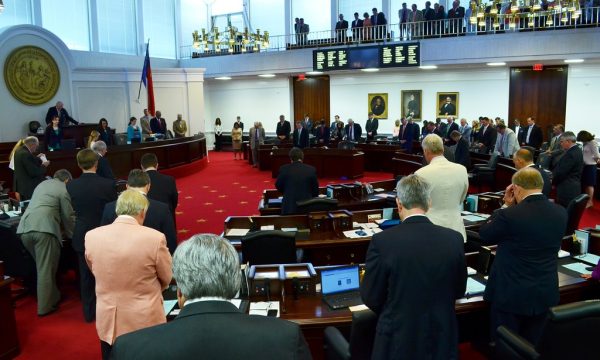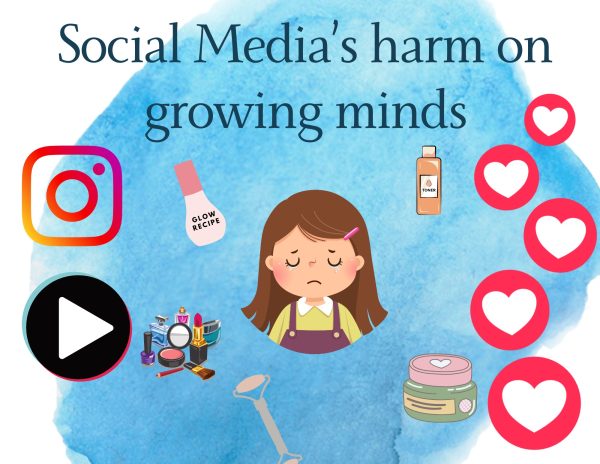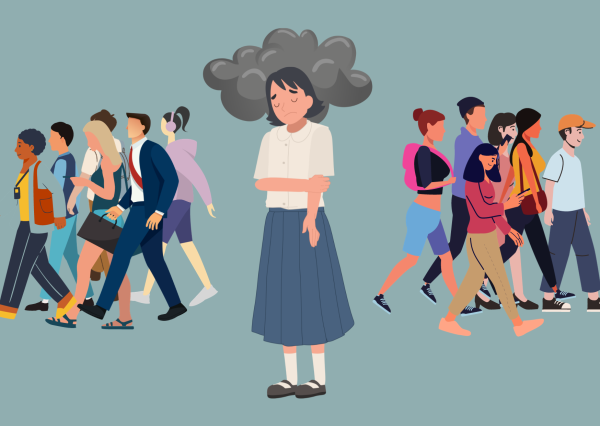The FCC threatens the freedom of the internet
The Federal Communications Commision prepares to vote to destroy net neutrality, granting control of the internet to a powerful, greedy industry.
As a driving force behind much of the progress in the world today, the internet is a vast, limitless expanse of information that we all count on. But, there are certain aspects of the internet that we take for granted, aspects that we don’t fully appreciate the importance of until their existence is threatened, as it is now. On December 14, 2017, the Federal Communications Commission (FCC) will vote on whether or not to dismantle net neutrality, the rules that preserve the basic liberties that we have while using the internet. Net neutrality ensures that you can visit any website when you want, that your Internet Service Provider (ISP), like AT&T, Verizon, or Comcast, is not interfering with your data, and it prevents ISPs from regulating what websites you visit.
This is not the first time that net neutrality has been at risk; back in 2015 the FCC tried taking it away but activists were able to convince them against it, but now, a plan by Ajit Pai, the Chairman of the FCC, is being considered which would kill net neutrality. The preservation of net neutrality is in the best interest of all normal internet users, but it’s being contested by people who would profit off of more control of the internet. That includes the big phone and cable companies, as well as members of Congress who have received funding from the industry.
From a basic description of net neutrality, it can be difficult to understand how its absence will affect each and every person as an individual. In order to see what’s lost if net neutrality is taken away, you need to consider the motives of the groups threatening it. To put it simply, ISPs want to remove net neutrality and to gain control over the internet because it will allow them to make much, much more money. As a result, without net neutrality, you might see video streaming services that rival those owned by your ISP getting slowed down or blocked, while the websites owned by your ISP would be sped up. According to technology news site Wired, it’s also possible that having full, unlimited access to the internet as we now do will be limited to users who pay a subscription fee.
As a teenager, it’s easy to feel powerless against the massive industries that want to command the internet for profit, but our demographic has the potential to become very influential in the fight to retain net neutrality. Considering how connected our generation is to the internet, it’s important that all teenagers are aware of the liberties that they stand to lose if net neutrality is removed. We have the tools in our hands to spread the word about net neutrality, but the question that has many people scratching their heads is: “what can we do?”. According to Save the Internet, a site dedicated to informing people about the importance of this matter, the best method of action is to contact members of Congress to voice your opinions and to urge the FCC to drop their plan. It may seem like a lost cause, but enough people voicing their opinions to the government can have a lot of influence, and as teenagers, we can play a significant role in this. There are many options for those who would like to get involved, such as calling the offices of Ajit Pai, the Chairman of the organization trying to take away net neutrality, Richard Burr or Thom Tillis, NC Senators, and George Holding, a local representative.
Maintaining net neutrality is needed in keeping the internet open and free, and though it’s intimidating and seemingly hopeless standing up against the industry giants that want to strip the internet of its freedom, spreading the word and contacting the appropriate people can have a large impact. A society that appreciates and understands the values of its liberties should not passively accept the greedy control that the FCC wants to take. It is absolutely crucial that we do everything in our power to prevent the FCC from voting to destroy net neutrality.
Your turn: Is net neutrality an important issue to you? If so, how are you trying to help the cause?













